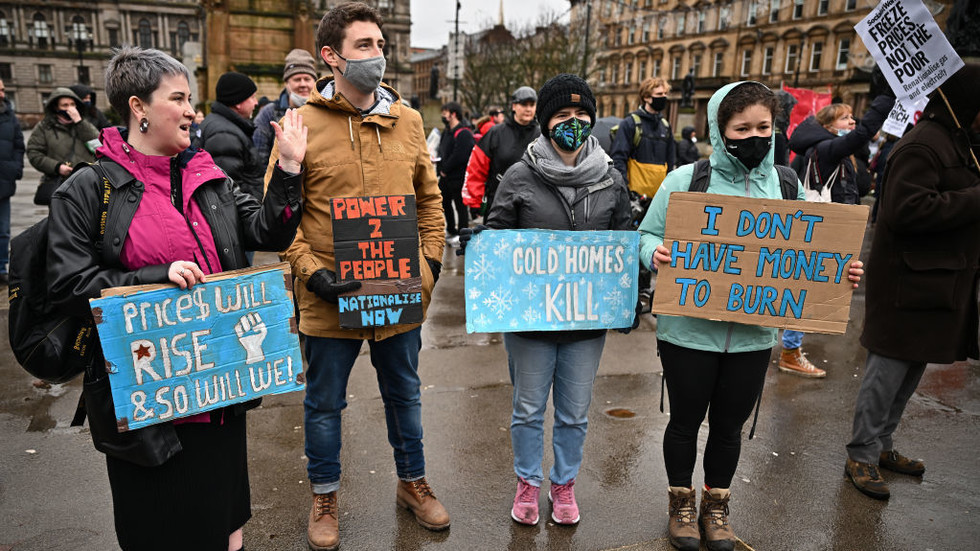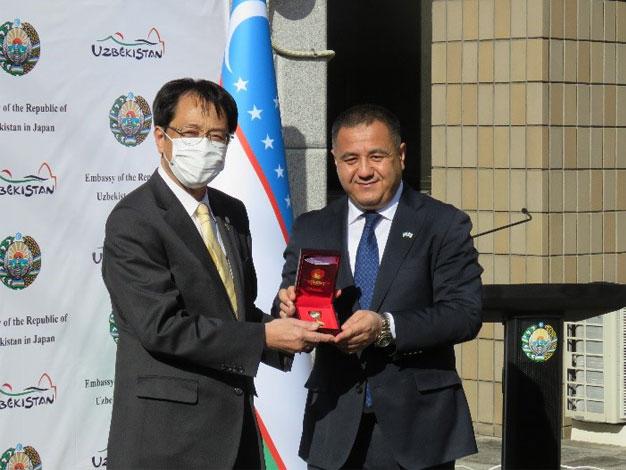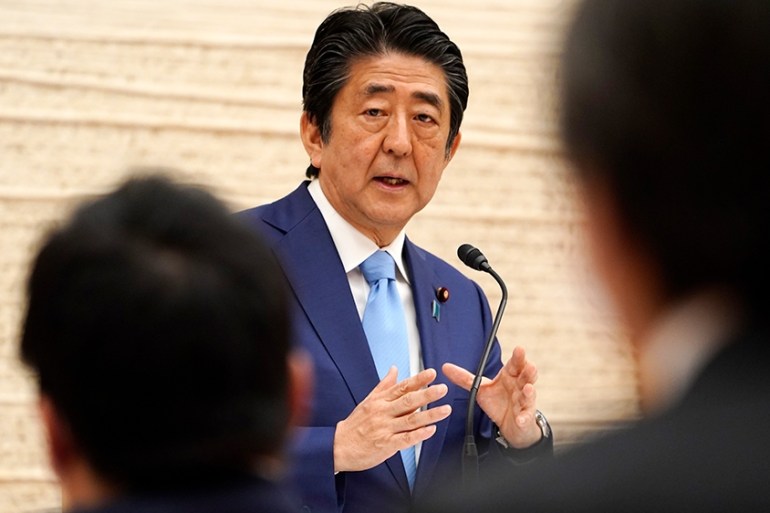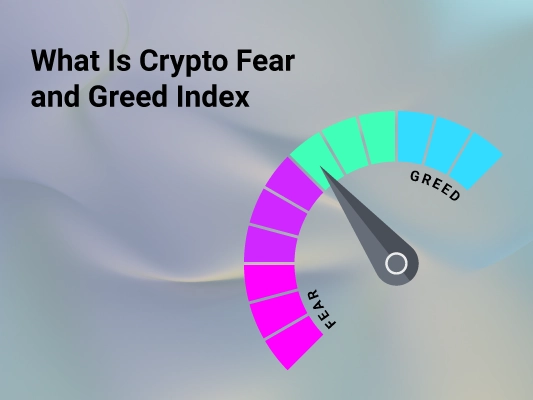[ad_1]
The U.S. government on Friday expressed deep sorrow over the assassination of former Japanese Prime Minister Shinzo Abe, deploring the loss of a “champion” of the alliance between the two countries and an architect of ideas now playing a key role in regional security.
“I am stunned, outraged, and deeply saddened by the news that my friend Abe Shinzo, former prime minister of Japan, was shot and killed while campaigning. This is a tragedy for Japan,” President Joe Biden said in a statement, hours after Abe was gunned down during a stump speech in the western Japanese city of Nara.

File photo shows then Japanese Prime Minister Shinzo Abe (L) and U.S. Vice President Joe Biden in New York on Sept. 21, 2016. (Kyodo)
“While there are many details that we do not yet know, we know that violent attacks are never acceptable,” Biden also said. “The United States stands with Japan in this moment of grief. I send my deepest condolences to his family.”
Secretary of State Antony Blinken, who was in Indonesia for a Group of 20 foreign ministers’ meeting, told reporters, “This is shocking. It’s profoundly disturbing in and of itself.”
“Prime Minister Abe was a global leader and unwavering ally and friend of the United States, whose vision of a free and open Indo-Pacific lifted our alliance cooperation to new heights,” he said in a statement issued later.
Abe, a conservative hawk who eventually became Japan’s longest-serving prime minister before stepping down in 2020, had pushed ahead with new security legislation that expanded the role of Japan’s Self-Defense Forces in the alliance despite public outcry that it would erode the country’s postwar pacifism.
His “free and open Indo-Pacific” concept was later incorporated into U.S. strategy as both countries seek to counter China’s rising clout in the region. Abe was also the first to pitch the Quad group involving the United States, Australia and India, which is seen as a counterweight to Beijing.
Biden said in his statement that Abe’s vision of a free and open Indo-Pacific will “endure.”
Later Friday, Biden visited the residence of the Japanese ambassador to the United States in Washington to leave a note offering his condolences. He also ordered U.S. flags to be flown at half-staff through Sunday in memory of the former Japanese prime minister who died at age 67.
U.S. Ambassador to Japan Rahm Emanuel issued a statement also saying he was “deeply saddened” by the news.
“The clarity of his voice will be truly missed. The United States has lost a trusted partner and an outspoken advocate for our shared ideals,” he said.
Biden’s predecessor Donald Trump said in a post on a social media platform he launched that Abe’s death is “Really BAD NEWS FOR THE WORLD!”

File photo shows then Japanese Prime Minister Shinzo Abe (L) and U.S. President Donald Trump in New York on Sept. 25, 2019. (Kyodo)
“His killer was captured and will hopefully be dealt with swiftly and harshly,” Trump also said, adding that Abe was “a unifier like no other” and will “be greatly missed.”
Abe, including through his “golf diplomacy,” was able to build personal rapport with Trump, a real estate mogul who was elected in 2016 despite having no experience in public office and who proved to be unpredictable and unconventional in diplomacy.
Tobias Harris, who published an English-language biography of Abe in 2020, said the attack on the former prime minister was “just shocking” and “unthinkable,” given the low levels of violence in Japanese society.
While noting that Abe had been a “polarizing figure” for a long time at home, the senior fellow at the Center for American Progress, a Washington-based think tank, said the global attention to the news of his attack showed how he had made Japan “visible” in ways one could not have imagined a decade ago.
“He wanted to make Japan confident and powerful on the world stage again…and I think he did change the trajectory of Japan as a player in the region, being able to play a leadership role in a number of issues,” he said.
The significance of Abe’s influence can still be felt through the policies pursued by the incumbent leader Fumio Kishida, Harris said, noting that the Asian country remained “very much Abe’s Japan” even after he stepped down as prime minister.
Biden told reporters that he hopes to have a phone call with Kishida over the latest tragedy. But he said he does not believe that the incident will have a “destabilizing impact on Japanese security or Japanese solidarity.”
“Fumio, the present prime minister, is a very solid guy. Japan is a very, very stable ally,” the U.S. president said.
Related coverage:
Former Japan PM Abe dies after being shot at stump speech in Nara
Shooting of ex-PM Abe jolts Japan ahead of weekend’s national election
Chronology of major events related to former Japanese Prime Minister Abe
[ad_2]
Source link



















